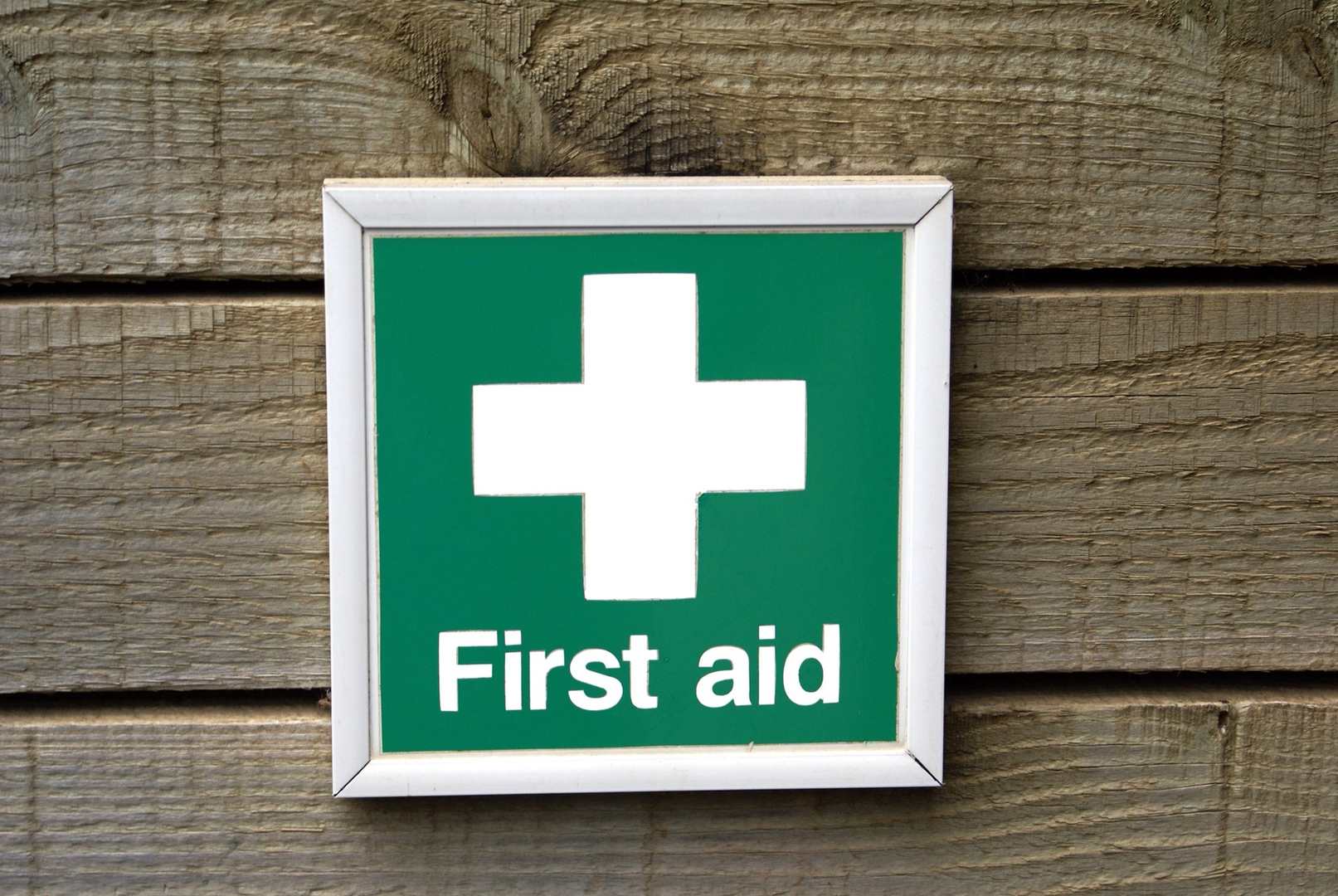The Corporal Works of Mercy
"For I was hungry and you gave me food, I was thirsty and you gave me drink, a stranger and you welcomed me, naked and you clothed me, ill and you cared for me, in prison and you visited me.' "
Matthew 25:35-36
Matthew 25:31-46 teaches that we will be judged by how we treat others for each of us is part of God's family. How we treat others is how we treat Jesus Christ. "For I was hungry and you gave me food, I was thirsty and you gave me drink, a stranger and you welcomed me, naked and you clothed me, ill and you cared for me, in prison and you visited me." (Mt 25:35-36). Thus, as Christians we must work to take care of the hungry, the thirsty, the naked, the sick, and the imprisoned. How often do we make excuses like they only live that way because they are too lazy to work or that is their place in life? I say there are no excuses. We cannot help someone who does not accept the help they need - like a drug addict or alcoholic who does not admit they have a problem. But we must use whatever gifts God has given us to do what we can. Then, knowing we have tried our best and accepting that we do not have all the gifts may we have peace that we have done as Christ has called us to do. Christ gave his life for us. Can't we give a few dollars or a few hours of our time? Christ gave all his love for us. Can't we offer a little love.
Matthew 25:31-46 teaches us the Seven Corporal Works of Mercy:
- Feed the Hungry
- Give Drink to the Thirsty
- Welcome the Stranger (also interpreted to Shelter the Homeless)
- Clothe the Naked
- Care for the Sick
- Visit the Imprisoned
- Bury the Dead
We each have a right to food, drink, to a home along with many other rights (cf. Pacem in Terris, paragraphs 11-27). Those of us who enjoy those rights have a duty to ensure others also have their rights fulfilled (cf. Pacem in Terris, in paragraphs 28-38).
Based on 2004 Statistics the per-capita GDP of the United States was $40,100 while the average for the world was only $8,800. Hardly an equitable system. We are called to share what we have. This readily leads into a discussion on World Debt. With the unequal distribution of money there are many countries, particularly in the Third World, who owe large debts to governments and banks in the more developed and richer countries. It requires much of the financial resources of these poor countries just to make the payments on the loans. Thus, they do not have the financial resources to ensure the maintenance or progress of the economic life of their people. Thus, many propose that the lenders need to forgive some, if not all of the debts of the poor countries to give them a chance to develop into more viable nations. I believe that we must consider the possibility of the forgiveness of at least some of the debt. We accumulate material goods, including money, only by the use of the gifts and skills we have. Those gifts are a gift from God. Thus, we must share what we receive from the use of those gifts with all of God's people.
For more on the Corporal Works of Mercy check ou:
- Fr. Jeff's second video presentation on the Jubilee Year of Mercy.
- "The Journey to Jesus: Acts of Mercy"





